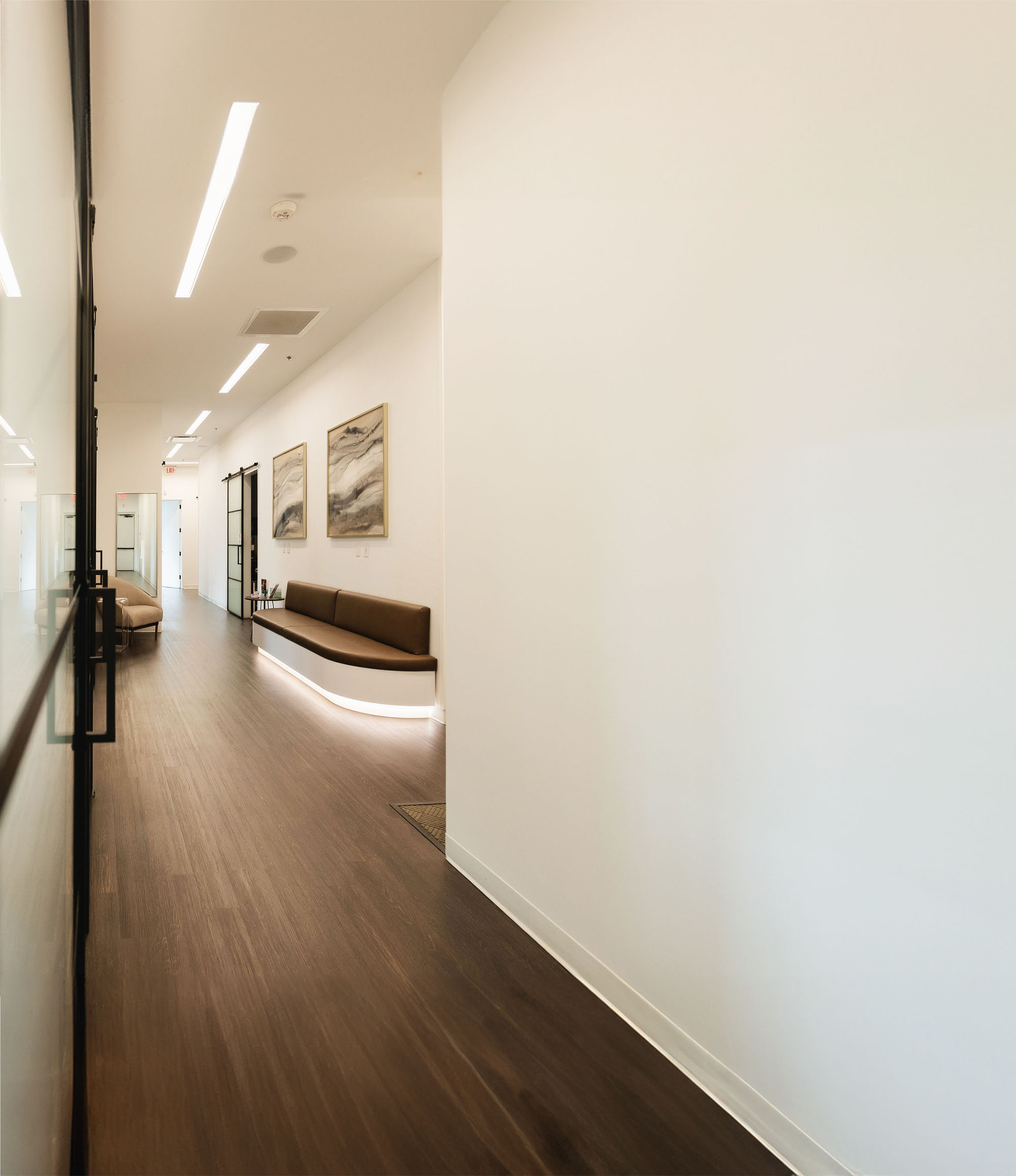Comparing Dental Bonding Vs. Veneers – What’s The Difference? What Should I Choose?

Dental bonding and porcelain veneers seem similar. Both of these cosmetic dentistry treatments are used to cover up flaws in your smile, allowing you to feel confident about your appearance once again. They can treat stains, minor chips, uneven teeth, and more.
So what's the difference? Which treatment is right for you? Is one always better than the other? Get all the answers you need in this blog from The Burkitt Center for Comprehensive Dentistry.
1. Dental Bonding Doesn't Require Any Removal of Enamel
To begin, let's explain the biggest difference between dental bonding and porcelain veneers in Brentwood. Dental bonding doesn't require any removal of enamel. In the bonding procedure, Dr. Will Jones will use a special type of dental composite to reshape your teeth.
He will roughen your teeth with a special acid, then apply this composite. The composite is soft, so he can shape it to change the appearance of a tooth. Then, he will harden it with a UV light and trim it to make sure the tooth looks perfect. This requires no alterations to your enamel, which is the hard outer layer of your tooth. This means your bonding could be reversed in the future, though it's quite rare for patients to do so.
This is not the case with porcelain veneers. Veneers are designed to cover up the front of your tooth. They are a "shell" of durable, tooth-like porcelain. But to be placed, a small amount of enamel must be removed from each of your teeth. This needs to be done so that the veneers fit properly and don't add bulk to your teeth. However, this also means that veneers are not reversible. You cannot have them removed, and must have them replaced as they wear out over time.
2. Veneers Are Stronger and More Durable Than Dental Bonding
Veneers are incredibly strong, and are made of a ceramic material that's more durable than the composite used in dental bonding. Veneers will never stain, and have a longer lifespan than bonding. They can last 10-20 years or longer. Bonding usually lasts a maximum of 10 years, though it can last longer with great at-home care. This makes veneers a great long-term investment.
3. The Dental Bonding Process is a Lot Faster Than the Veneers Process
It takes about 30 minutes to treat a single tooth with bonding, and you can usually have multiple teeth treated in one appointment at The Burkitt Center For Comprehensive Dentistry. In contrast, veneers take at least two appointments over a period of 2-3 weeks. It takes time to prepare your teeth and work with a dental lab to build your veneers, so dental bonding provides faster results.
4. Veneers Are More Expensive Than Dental Bonding
Finally, veneers tend to be more expensive than dental bonding in Brentwood. As noted above, they also last a lot longer, so this cost is worth it. But if you're on a tight budget, veneers may simply be too expensive, so dental bonding may be a better option.
Explore Your Options for Cosmetic Dentistry at The Burkitt Center for Comprehensive Dentistry
If you're exploring your options for cosmetic dentistry in Brentwood or Nolensville, our team is here to help. Dr. Will Jones and the team at the Burkitt Center For Comprehensive Dentistry are always here to help you meet your smile goals, boost your self-esteem, and provide you with the smile you've always wanted. Contact us online or give us a call at (615) 941-3368 to schedule your consultation today.
Enter a
New Era of
Dentistry
Call 615.941.3368 or request an appointment online to set up your first visit. We’ll be in touch soon.
